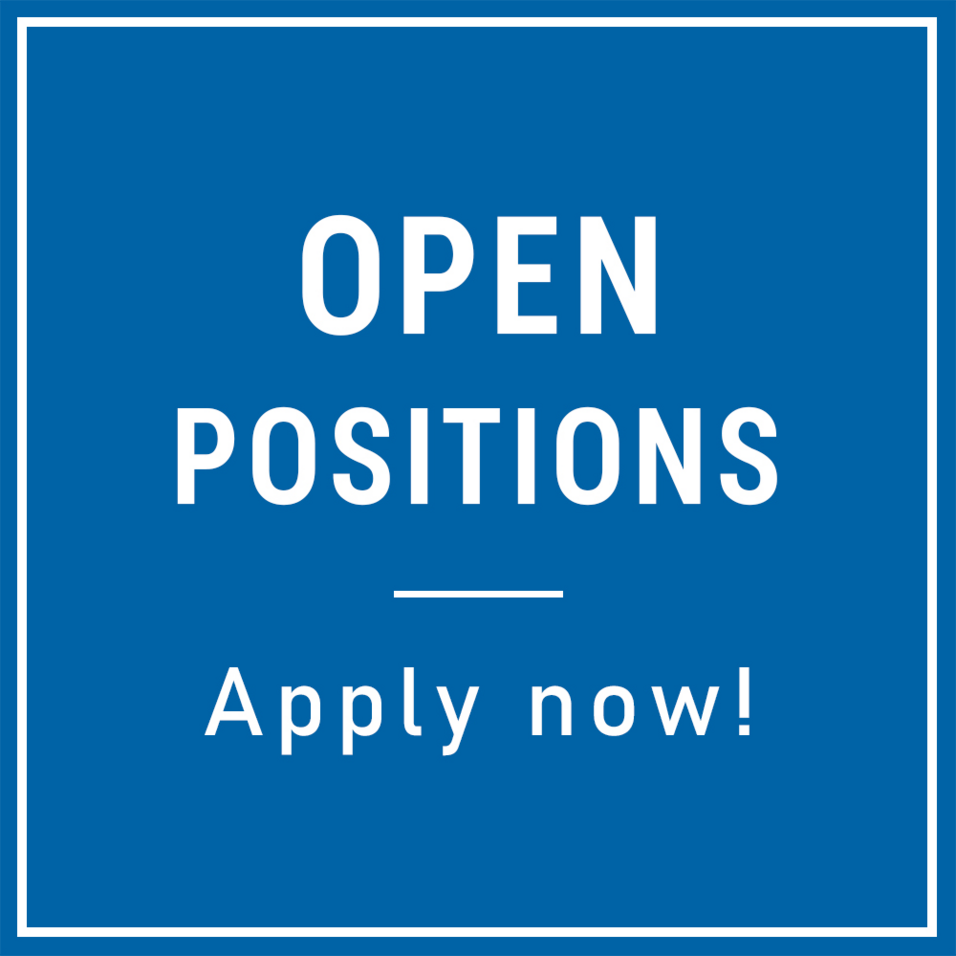The research
Our group develops new quantum photonic techniques to study a range of topics, from fundamental issues in quantum theory, up to more technologically inspired goals such as creating large entangled states of photons for applications in quantum computing, quantum cryptography, quantum information and quantum maschine learning. Recently, we have focused on to integrated active elements into our experiments to provied additional flexibility.We have projects available on the following topics:
- the generation of multi-photon states using solid-state quantum-dot sources: we work with two quantum dot sources at ~1550nm and ~900nm, using active demultiplexing schemes to interfere successively emitted photons from the same quantum dot,
- quantum information and foundation: we perform table-top experiments to implement new quantum information protocols and to test some of the more counter-intuitive predictions of quantum theory. For example, we develop efficient techniques to characterize quantum resources, create superpositions of different casual orders, and test alternative formulations of quantum mechanics.
- nonlinear plasmonics: weak optical nonlinearities hamper many photonic applications. For this reason, we use plasmonic excitation in various 2D materials (such as graphene, crystallline metals, and transition metal dichalocogenides) to enhance nonlinear processes. This could lead to a plasmon quantum logic gate and improved photon sources.
The candidate
We welcome candidates with excellent academic record in one or more of the following research areas
- quantum engineeiring
- quantum optics
- siperconducting detectors
- quantum dot photon sources
- quantum foundations
- quantum cryptography
Requirements
- Professional competence: a master or diploma degree in physics, technical physics or equivalent qualification
- Methodological competence: hands-on training in experimental physics, expericene in experimental optics and/or experimetnal quantum optics
- excellent command of written and spoken English
Application process
please submit our applicaiton via email to walther-office@univie.ac.at as one single PDF document
- a letter of motivation (no more than one page)
- CV (indicating your contact information, work history, knowledge ares of physics and engineering, experimental skills, university degrees and grades, honours and awards, list of publications)
- contact details of two possible referees
Contact details
For further information please contact Prof. Philip Walther (walther-office@univie.ac.at) and Dr. Lee Rozema (lee.rozema@univie.ac.at)

